
Converted by Sister Ruth
At a Texas convent, what could a sublimely uncouth sister in her mid-80s teach me about helping people?
by Ronald W Dworkin

At a Texas convent, what could a sublimely uncouth sister in her mid-80s teach me about helping people?
by Ronald W Dworkin
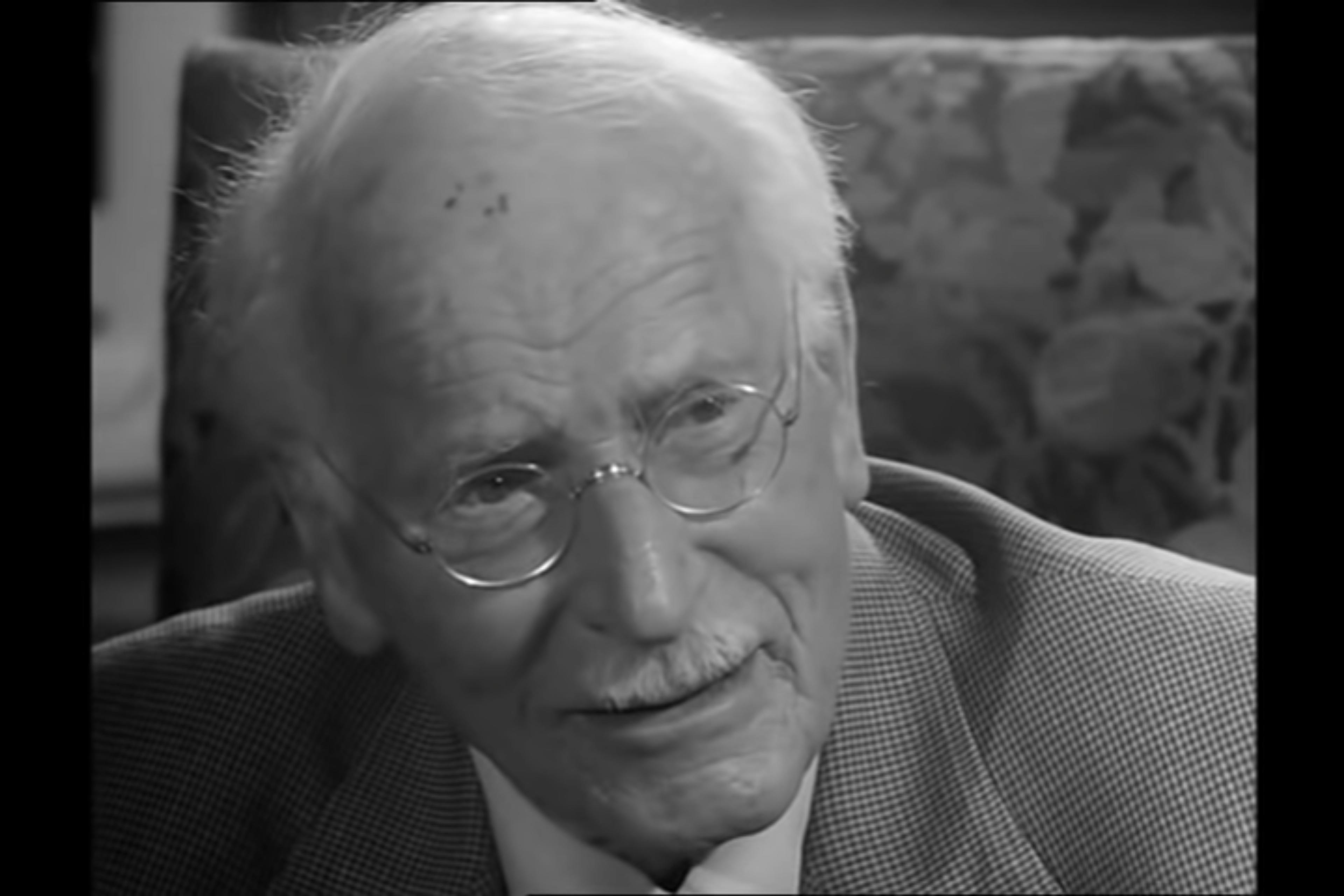
Video by Face to Face
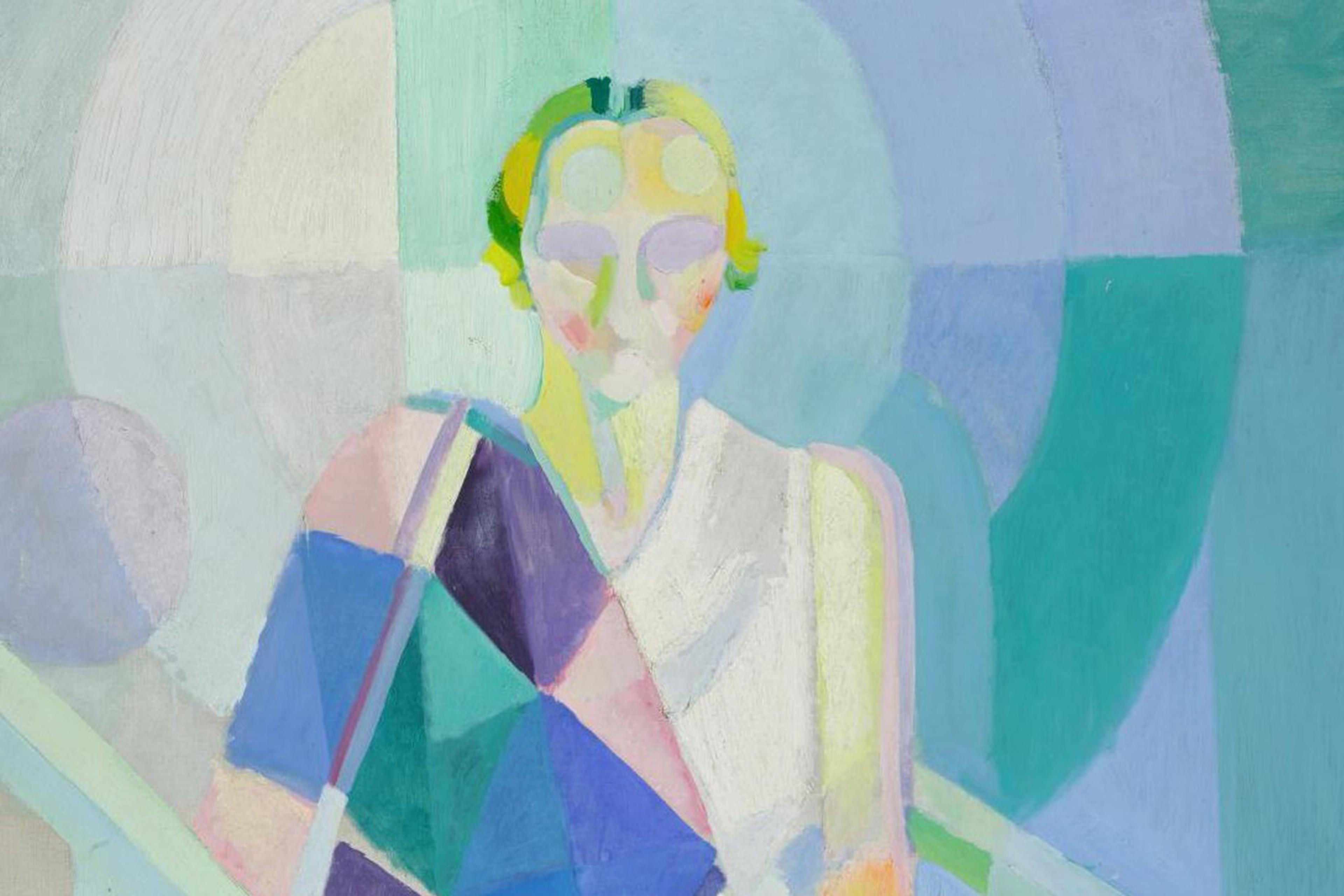
With stigma and misunderstanding surrounding mental health, it’s vital to know the benefits and limits of a formal diagnosis
by Awais Aftab
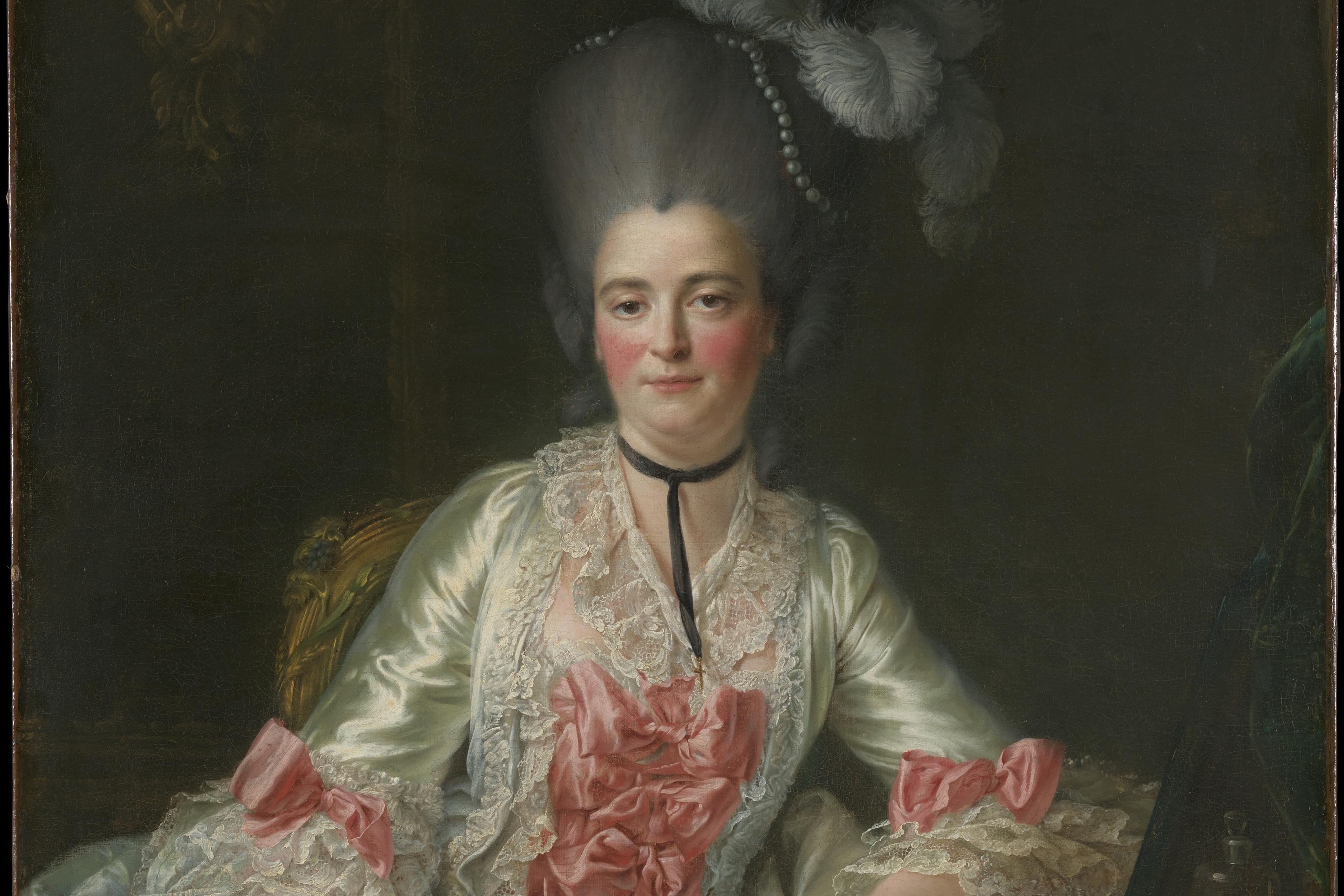
French doctors of the 1800s had a vested interest in pathologising women’s ageing, as do many commercial entities today
by Alison M Downham Moore

He was an octogenarian Nobel-winning psychologist, I was a nervous 20-something film producer. Here’s what struck me most
by Namir Khaliq
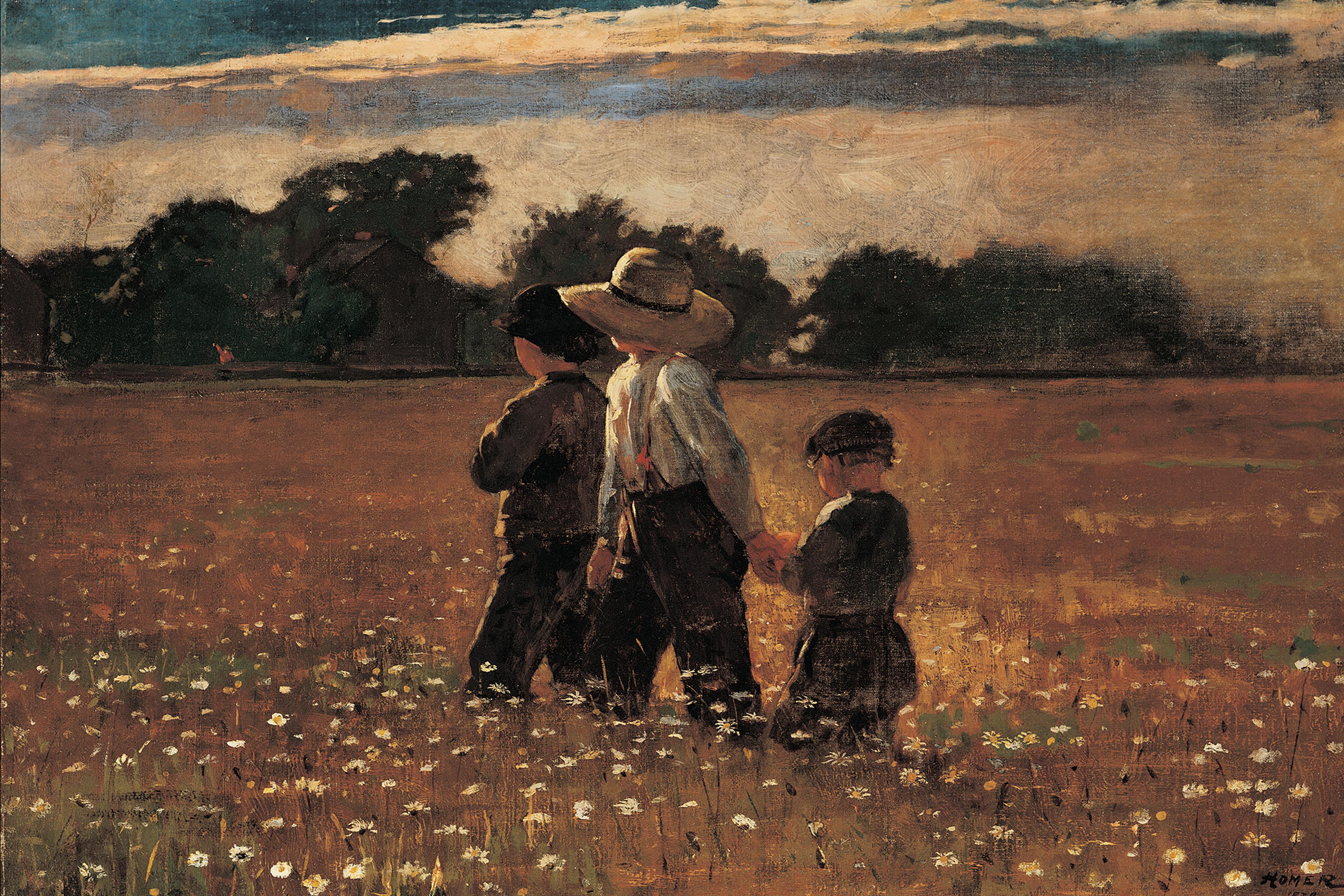
Nostalgia was, in Freud’s day, an illness steeped in the past. Today, it can be a joyful emotion that reframes the future
by Agnes Arnold-Forster
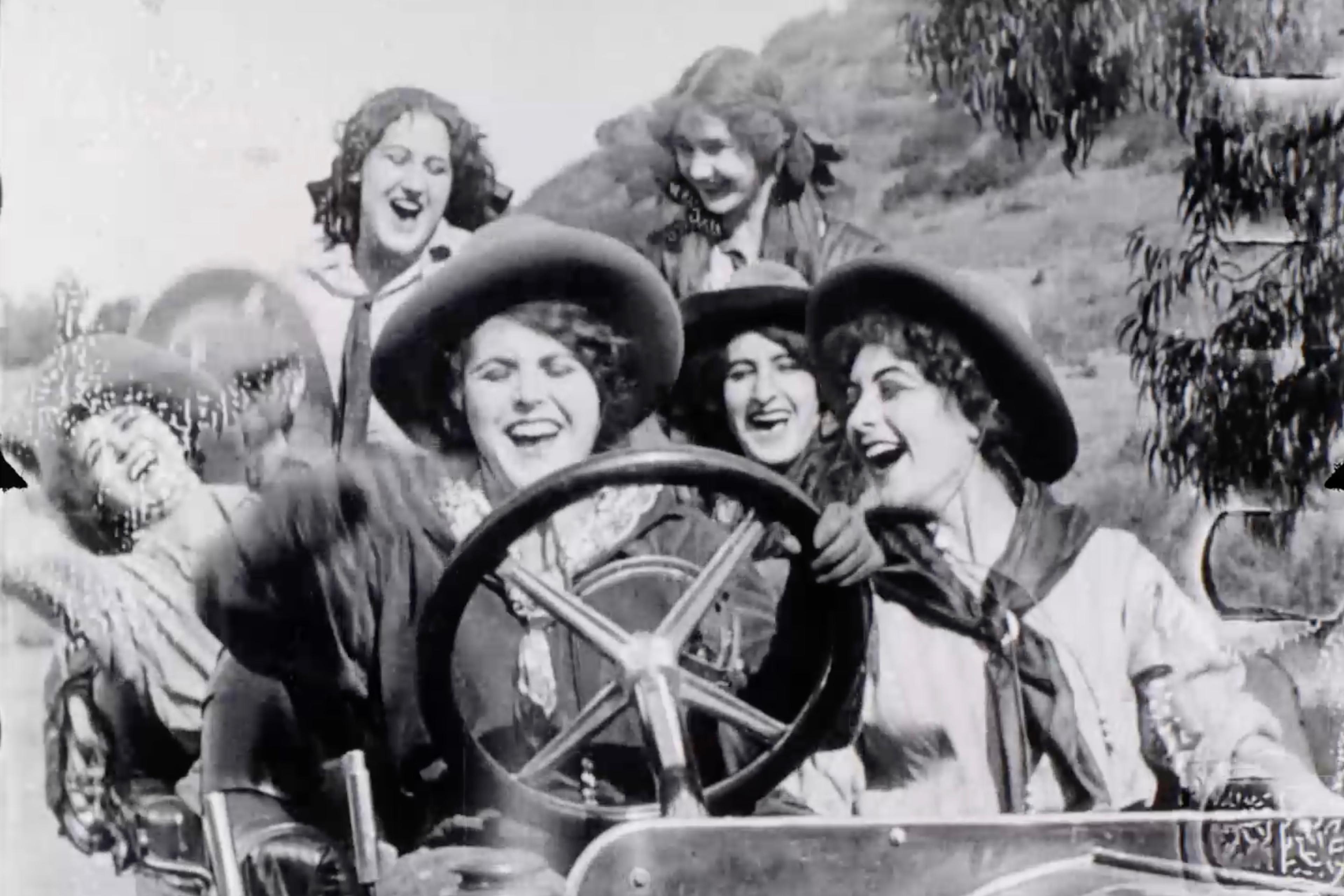
When early cinema weaponised the sight of women’s laughter, it borrowed from flawed psychiatric ideas about female hysteria
by Maggie Hennefeld

Psychotherapists have long believed it’s a bad idea to suppress worrisome thoughts, but new research is prompting a rethink
by Shayla Love

The concept of personality disorders has been around for centuries but it’s flawed and needs both a rethink and a new name
by Matt Huston
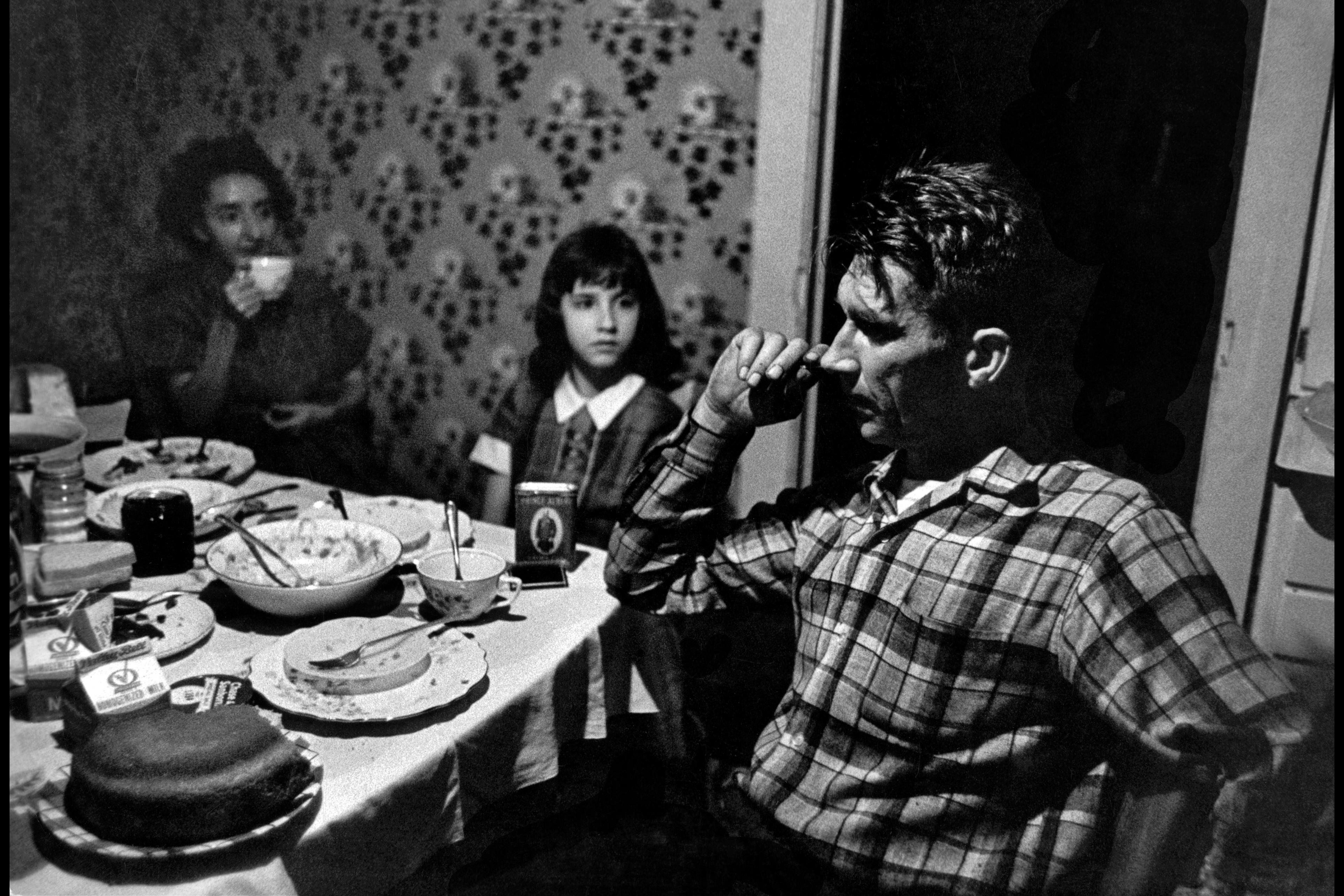
Decades ago, pioneering research linked mental illness and economic deprivation. It’s time to take the implications seriously
by Matthew Smith

The history of ‘normal’ tells a tale of prejudice and bad maths. The most usual thing about people is how much we differ
by Sarah Chaney
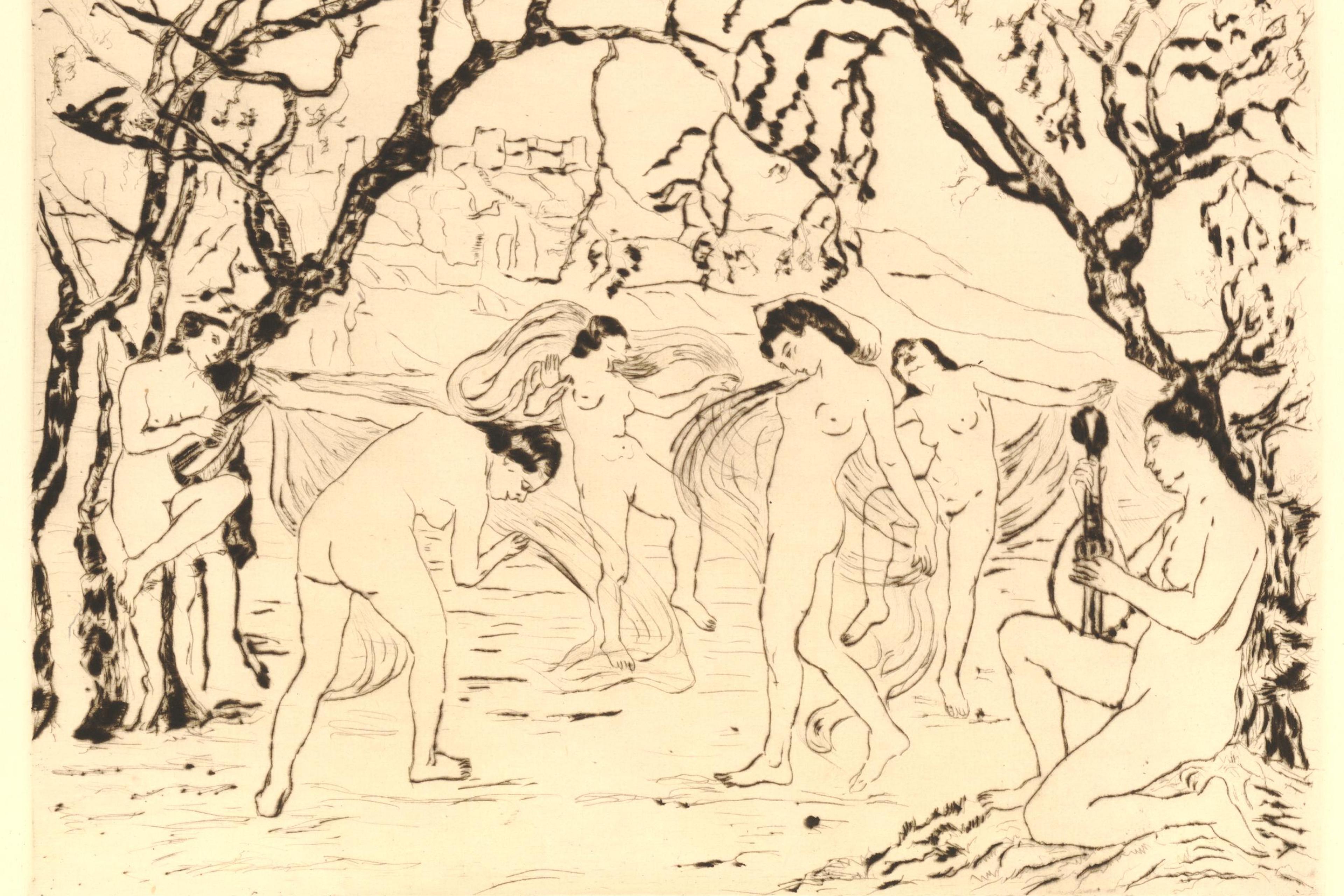
Karen Horney’s challenge to Freudian psychosexual theory helped me say ‘penis’ without flinching in my Cairo classroom
by Heba Yosry
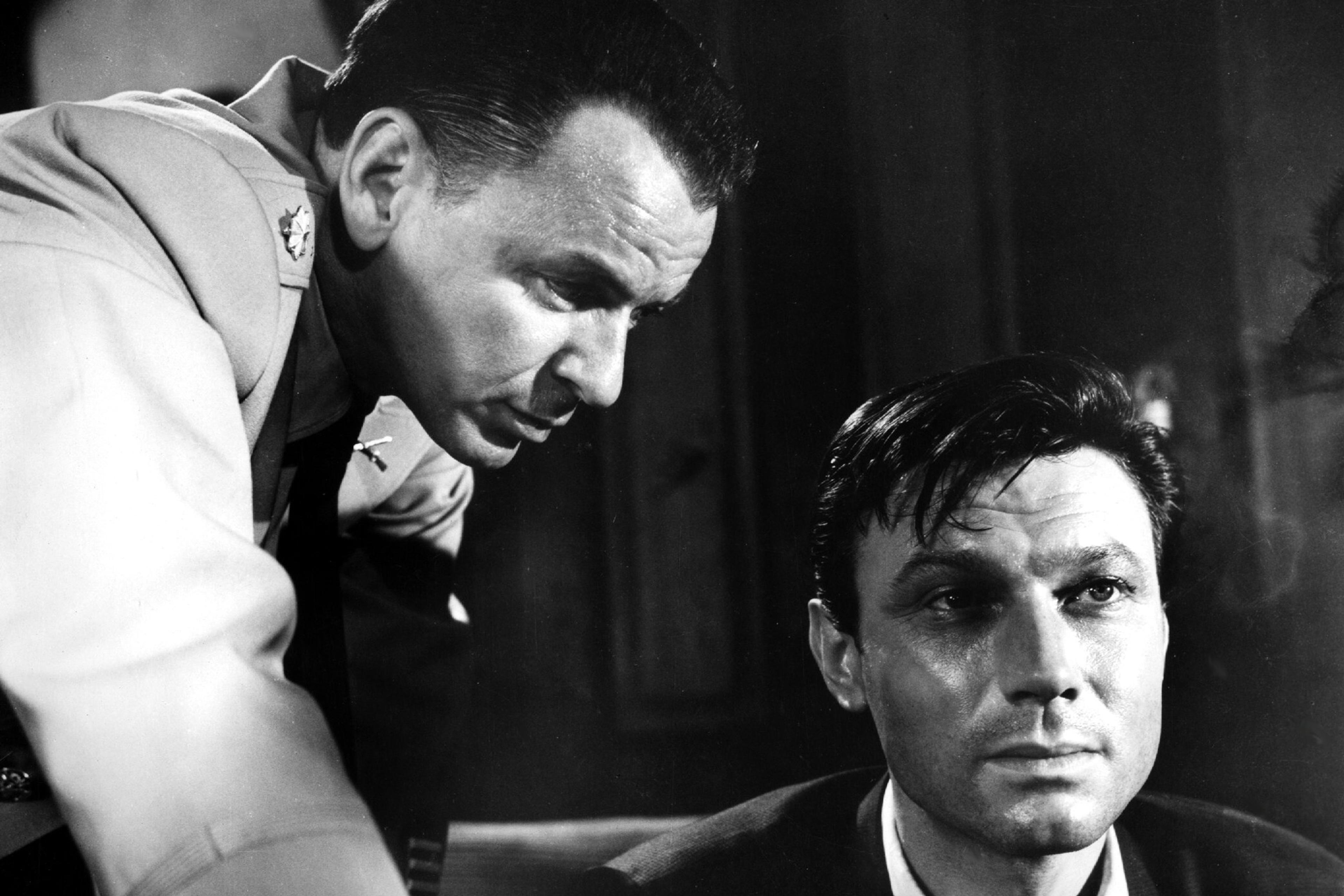
Scientific research and historical accounts can help us identify and dissect the threat of ‘coercive persuasion’
by Joel E Dimsdale

Where is Frantz Fanon’s postcolonial ‘new man’ to be found in the persistence of psychiatric institutions in the Arab world?
by Joelle M Abi-Rached
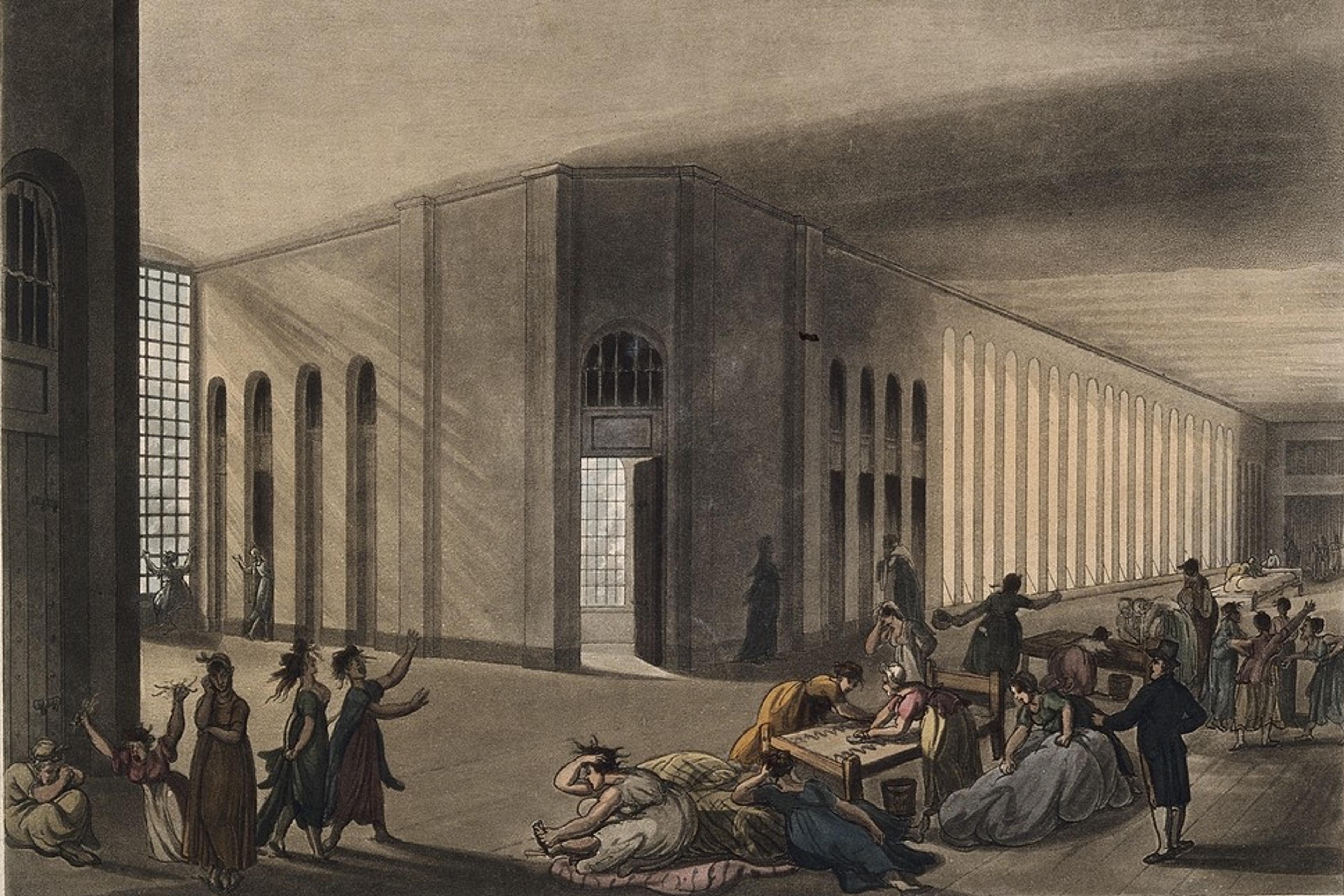
‘Might not madness be a mere derangement of memory?’ What Arthur Schopenhauer learnt when he went into the asylum
by David Bather Woods